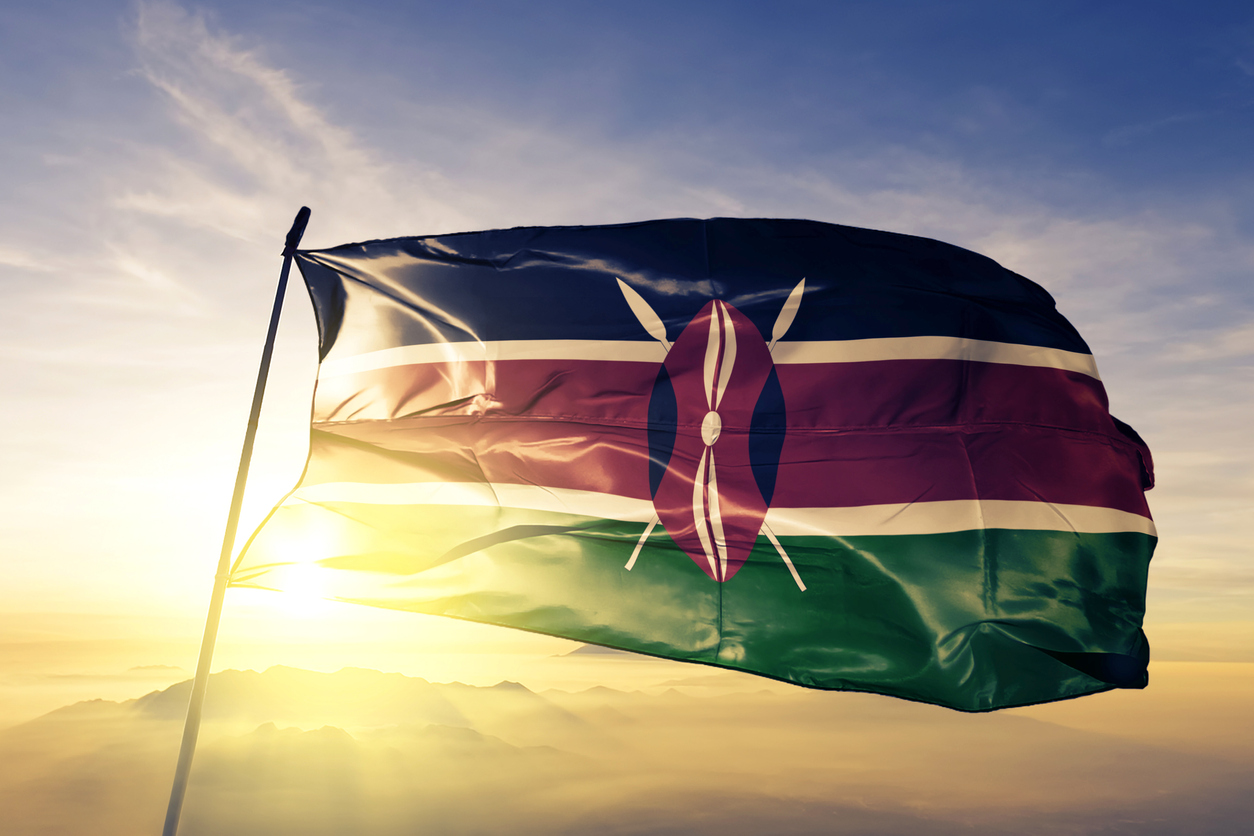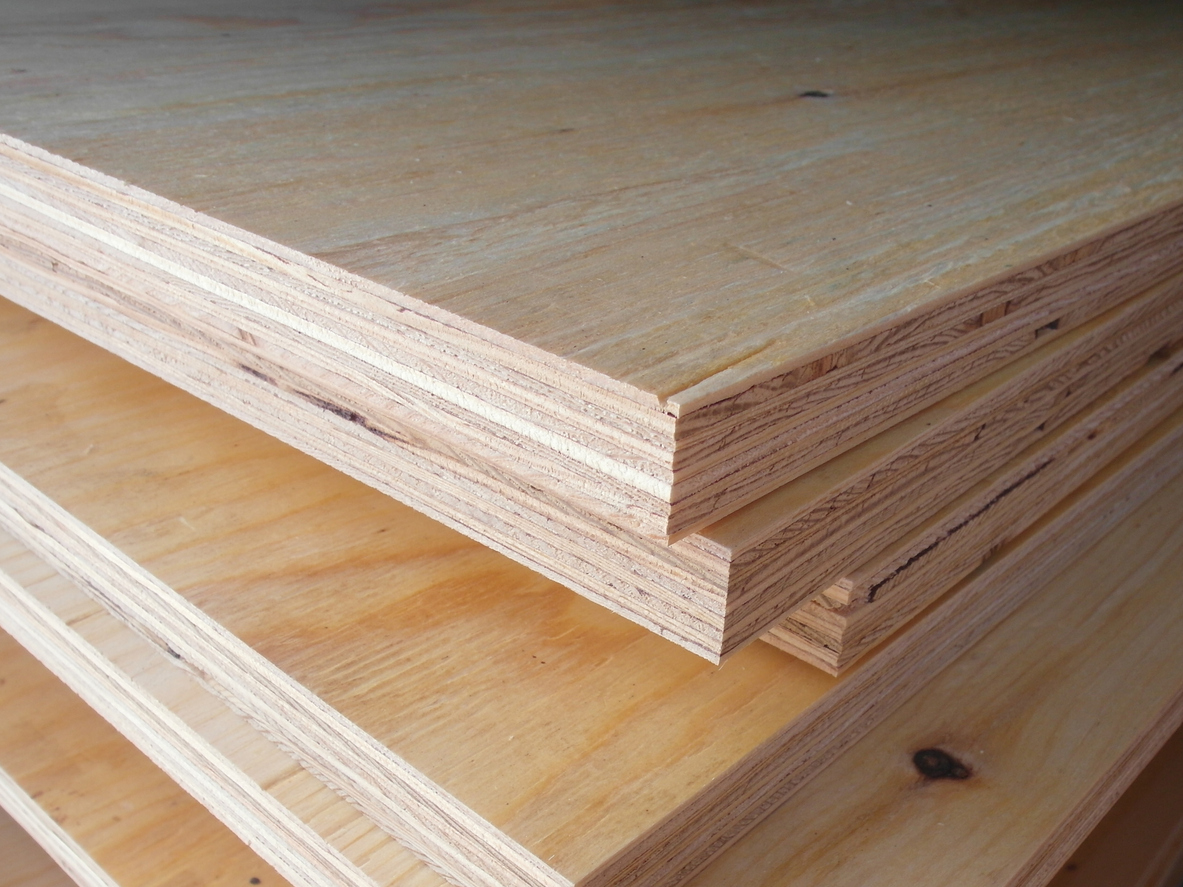Shipping Goods from Morocco to Kenya: The Ultimate Guide
Shipping Goods from Morocco to Kenya: The Ultimate Guide
The market for shipping goods from Morocco to Kenya is huge. These are two of Africa’s biggest economies (after South Africa), and they’re both home to substantial diaspora communities. This makes shipping goods from Morocco to Kenya a great opportunity for businesses looking to cut costs, reduce lead times, and reach new target markets. If you’re thinking about shipping goods from Morocco to Kenya, this blog post has everything you need to know about the logistics, tariffs, and compliance requirements you’ll face along the way.
What is the Current State of Moroccan-Kenyan Relations?
While Moroccan-Kenyan relations have always been positive, 2019 has seen a substantial uptick in the partnership. The decision to commit an additional $100 million to Kenya’s agricultural industry to fight climate change is just one example of Morocco’s deepening investment in its eastern neighbor’s future. The Moroccan government also committed $1 billion in loans to the Kenyan government for projects that support the nation’s Vision 2030 goals, which are meant to transform Kenya into a middle-income country. And Moroccan companies are also hoping to benefit from Kenya’s push to create an industrial corridor along Lake Victoria, which is expected to spur economic growth.
How to Ship Goods from Morocco to Kenya
There are several factors to consider when deciding how to ship goods from Morocco to Kenya, including cost, transit time, and compliance requirements. The first step is to find a shipping partner. You can compare rates on a marketplace like TradeGecko to find a partner that meets your price and transit time requirements. Next, you’ll want to understand your shipping options. Depending on your trade lanes and supply chain stage, it may be possible to ship goods from Morocco to Kenya by land, sea, or air. If you’re shipping from Morocco to Kenya via sea, you may be able to transport your goods by container, roll-on/roll-off (RORO), or a combination of the two.
The Importance of Incorporating Shifting Markets When Shipping Goods to Kenya
While the factors listed above are important no matter where you’re shipping to, you should also consider the shifting nature of Kenyan markets. The government’s focus on the agricultural industry has led to a higher demand for fertilizers and pesticides, while the push towards adopting electric cars has boosted the need for auto parts. Additionally, Kenya’s Vision 2030 initiative has led to a push for more standardized goods and services across the country. This means that, in many cases, you’ll need to make minor adjustments in your supply chain to comply with Kenyan safety and quality standards. This may not seem significant, but it can have a major impact on your costs, transit time, and overall supply chain efficiency.
Determining the Best Mode of Transportation for Shipping Goods from Morocco to Kenya
Now that you’ve considered the factors that impact the decision of how to ship goods from Morocco to Kenya, you can start to narrow down your options. The first step is to understand your supply chain stage. At what point are your goods being shipped? Are they in transit, still in production, or at the end of the supply chain? Once you’ve placed your shipment in the context of the supply chain, you can then consider the trade lanes available to you. For example, if you’re shipping a raw material, the best mode of transportation may be to RORO it. Alternatively, if you’re shipping a finished product, a shipping lane that offers faster transit times may be more appropriate.
Shifting Trends in Logistics When Shipping From Morocco to Kenya
In addition to the factors outlined above, there are also several broader trends in the logistics industry that you should take into account when shipping goods from Morocco to Kenya. These include the impact of autonomous vehicles, the implementation of new e-commerce regulations, and the growth of alternative transportation services. With autonomous vehicles expected to disrupt the freight industry, you should carefully consider how this could affect your shipments. Autonomous vehicles, like self-driving cars, will lead to increased efficiency in the transportation of goods, but they may also increase costs and lead to less direct shipments.
Key Takeaways
These are two of Africa’s biggest economies, and they’re both home to substantial diaspora communities. This makes shipping goods from Morocco to Kenya a great opportunity for businesses looking to cut costs, reduce lead times, and reach new target markets. There are several factors to consider when deciding how to ship goods from Morocco to Kenya, including cost, transit time, and compliance requirements. The first step is to find a shipping partner. Once you’ve found a partner, you can then consider the trade lanes available to you and the broader trends in the logistics industry.








LEAVE A COMMENT
You must be logged in to post a comment.